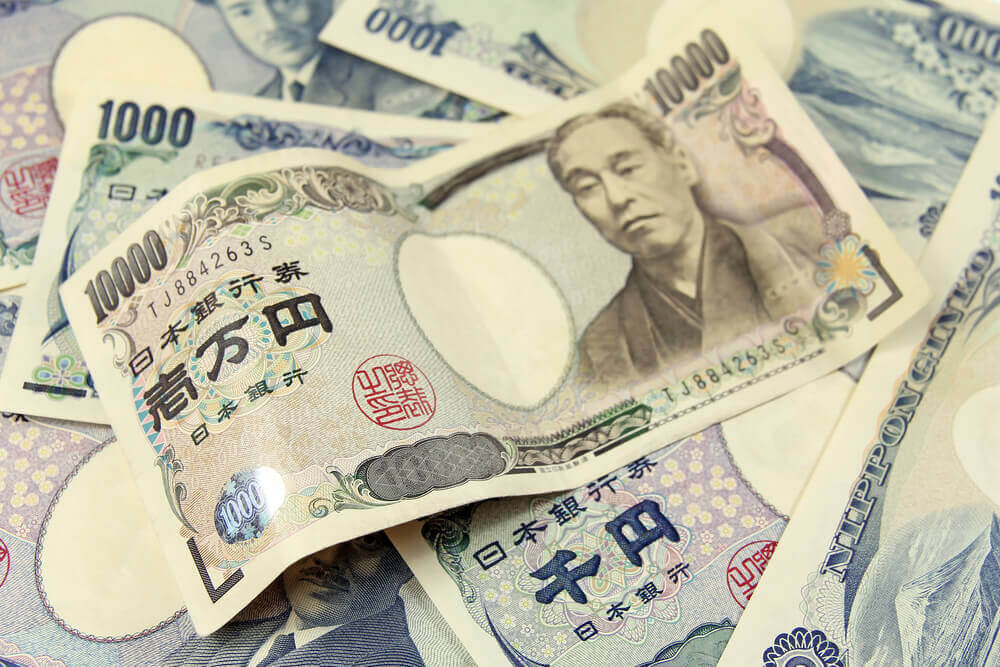
Japanese Yen jumped to a four-month high. What about USD?
The Japanese yen skyrocketed to a four-month high versus the greenback on Tuesday. The dollar plummeted by 3.17% against the Yen at 132.56. At some point, it collapsed to a low of 132 yen briefly, a level last reached in mid-August.
The Bank of Japan surprised investors by announcing that it would review its yield curve control policy. Thus far, the bank has kept policy settings unchanged. As a result, short-term JGB yields remained at -0.1%, while the 10-year yield stood near zero. But the BOJ plans to move long-term yields at 50 basis points on either side of its zero percent target. That will be higher than the 25-basis point band maintained previously.
The U.S. dollar index dropped by 0.55% to 104.05. It exchanged hands within its trading range this month of 103.44 to 105.90. The index measures the USD against the basket of six major peers, including the Yen, euro, and British Pound.
Most analysts hadn’t expected any changes from the Bank of Japan until the end of its current governor Haruhiko Kuroda’s 10-year term at the end of March. Bart Wakabayashi, the branch manager at State Street in Tokyo, noted that this news was truly surprising. It seems the central bank is preparing to test the market to see how it will take the next moves from the BOJ.
Wakabayashi also thinks that the USD/JPY pair might drop below 130. It’s very much expected this year. Meanwhile, the 10-year JGB yield soared to 0.46%. It also pushed equivalent U.S. Treasury yields higher. The latter surged to the highest point at 3.711 % this month.
The index had been gaining even before the BOJ’s statement. The U.S. Federal Reserve’s comments about maintaining higher interest rates for longer caused much turbulence in the markets.
How are the Euro and Sterling faring?
The common currency climbed up by 0.2% at $1.0629 on Tuesday. The British Pound also rallied by 0.11% to $1.2159. However, the euro declined as much as 3.5% against the Japanese Yen, hitting its lowest level since late September. It traded at 140.17 yen at last. At the same time, the Pound tumbled by as much as 3.7% at 160.34 yen, also hitting its lowest point since October 12.
The Australian dollar decreased by more than 3.6% to 88.08 yen, reaching a seven-month low. New Zealand’s kiwi shaved off 3.8% to 83.79 yen, as well, trading at a two-month low.
On Tuesday, Kuroda highlighted that this change wasn’t actually an interest rate hike. The central bank intends to improve bond market function, though. He also added that it was too early to discuss an exit from the easy stimulus policy.
According to Jane Foley, the head of FX Strategy at Rabobank, the fact that the Yen continued rallying after Kuroda’s announcement means that the market participants don’t believe him. They see that the BOJ has opened the door towards further tightening. The investors expect that to occur in the spring.
What about the EM currencies?
Most Asian currencies declined today during the volatile session. The recession fears caused traders to move on risk-off currencies. As a result, the Thai baht exchanged hands at 34.86 to the dollar, falling by 0.1% on the day. Despite that, it was trading higher than levels seen before the Bank of Japan’s move.
Malaysia’s ringgit also plummeted by 0.2% on Tuesday. Poon Panichpibool, a markets strategist at Krungthai Bank, noted that the BOJ decision not only affected the Yen but also helped Asian currencies.
The dollar’s decline allowed Asian currencies to rebound and move higher, even though the respite was short. The Singapore dollar surged forward by as much as 0.4% today, but it soon lost some of its gains and exchanged hands only about 0.2% higher at last.
Meanwhile, Indonesia’s rupiah jumped by 0.2% but tumbled by 0.2% soon. Forex markets are still concerned about a possible recession in developed economies. Such sentiment weighs on Asian assets.
On Tuesday, China announced that it would leave its benchmark lending rate unchanged. However, traders’ expectations of policy easing are growing. The authorities promised to take some measures to help the economy recover from the coronavirus pandemic’s blows.
The Chinese Yuan traded unchanged today. Beijing reported five COVID-related deaths yesterday. Rising infection cases might lead to a sell-off in Chinese shares. The main stock index has already plunged by 1.1%.




